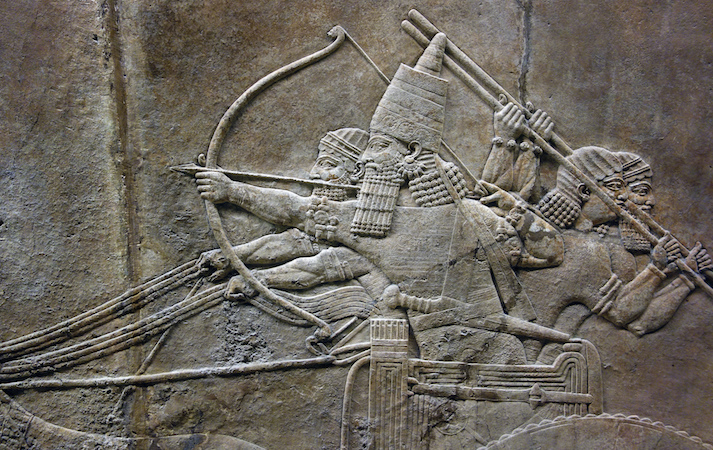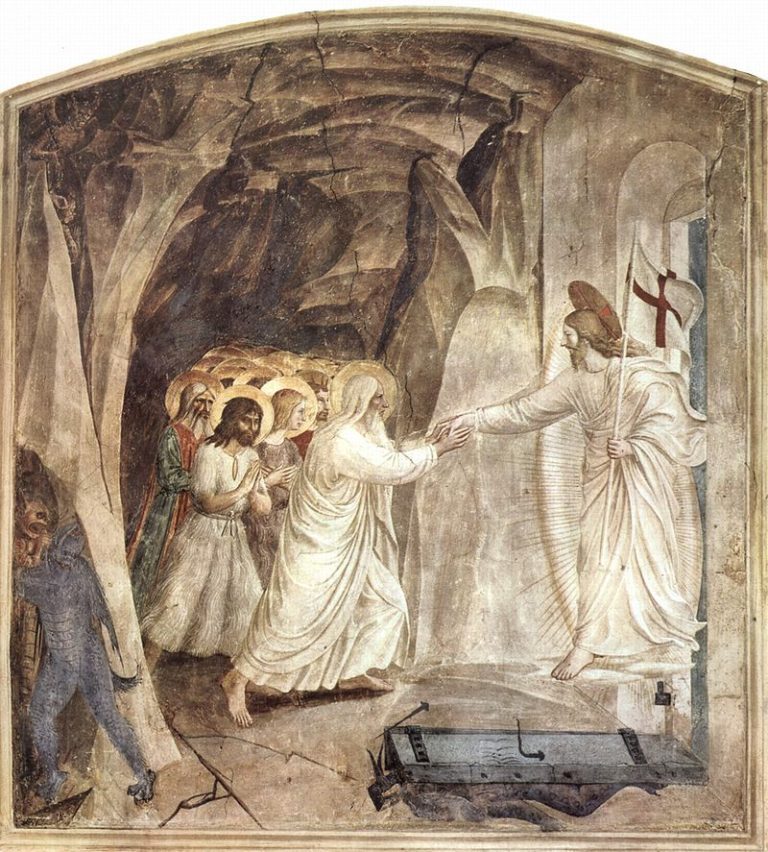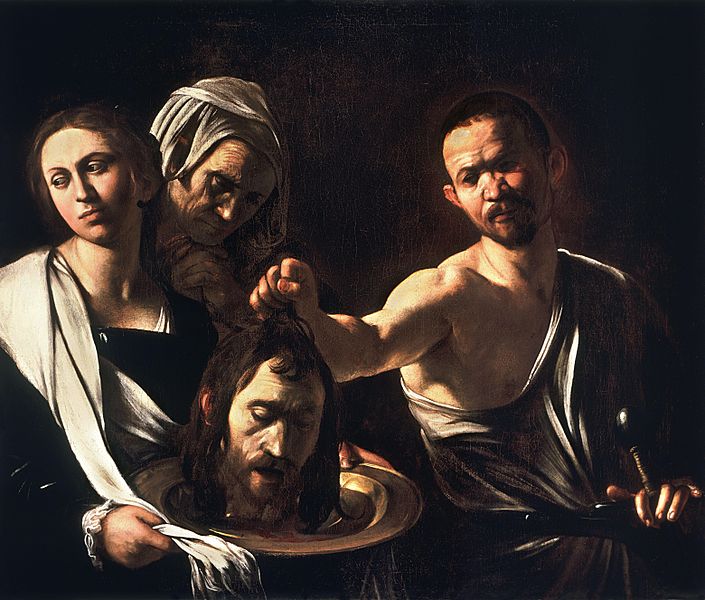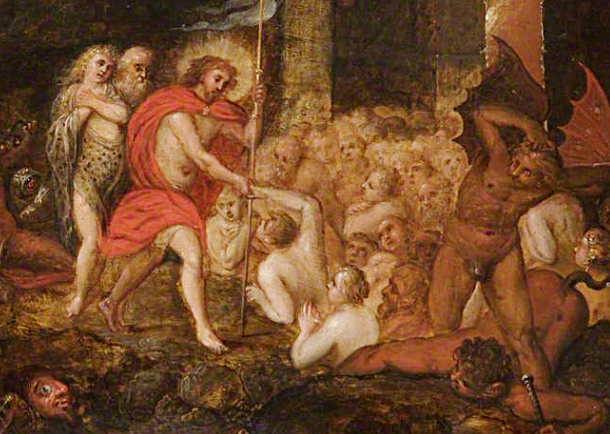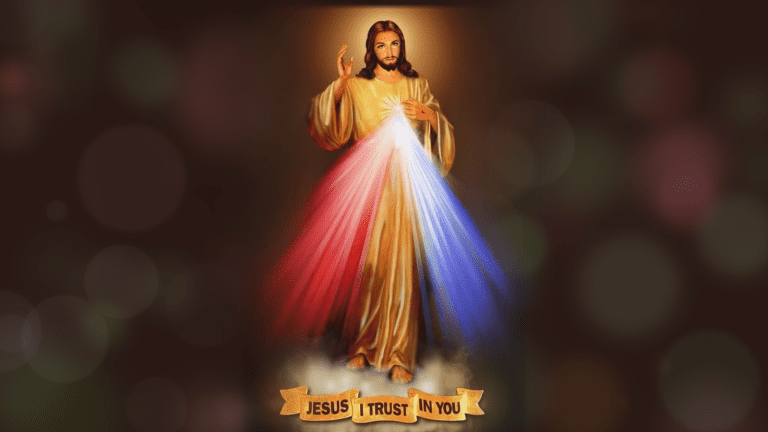In a healthy nation, the Catholic Church keeps governments in balance. The vain hate any controls on their desires. History shows what happens when A Protestant man with a Marketing Plan turns tyrant. When Church and state are replaced by a Protestant man with a marketing plan, death walks hand in hand with Protestant tyranny.
When Calvin took control of Geneva, Switzerland, a city of 14,000, there was no stopping the self-righteousness that seized his soul. There was no Church balancing his terrifying vanity. Calvin’s “iron yoke could not be shaken off”.
Every detail of citizens’ lives were examined. Spies were encouraged to report “sin”, and Geneva turned into a concentration camp, run by A Protestant man with a Marketing Plan.
The Minutes Book of the Geneva City Council, 1541-59 (translated by Stefan Zweig, Erasmus: The Right to Heresy) show the results of A Protestant man with a Marketing Plan running amok:
- During the ravages of the pestilence in 1545 more than twenty men and women were burnt alive for witchcraft.
- From 1542 to 1546 fifty-eight judgements of death and seventy-six decrees of banishment were passed.
- During the years 1558 and 1559 the cases of various punishments for all sorts of offences amounted to four hundred and fourteen.
- One burgher smiled while attending a baptism: three days imprisonment.
- Another, tired out on a hot summer day, went to sleep during a sermon: prison.
- Some workingmen ate pastry at breakfast: three days on bread and water.
- Two burghers played skittles: prison.
- Two others diced for a quarter bottle of wine: prison.
- A blind fiddler played a dance: expelled from the city.
- Another praised Castellio’s translation of the Bible: expelled from Geneva.
- A girl was caught skating, a widow threw herself on the grave of her husband, a burgher offered his neighbour a pinch of snuff during divine service: they were summoned before the Consistory, exhorted, and ordered to do penance.
- Some cheerful fellows at Epiphany stuck a bean into the cake: four-and-twenty hours on bread and water.
- A couple of peasants talked about business matters on coming out of church: prison.
- A man played cards: he was pilloried with the pack of cards hung around his neck.
- Another sang riotously in the street: was told ‘they could go and sing elsewhere,’ this meaning he was banished from the city.
- Two bargees had a brawl: executed.
- A man who publicly protested against the reformer’s doctrine of predestination was flogged at all the crossways of the city and then expelled.
- A book printer who in his cups [columns] had railed at Calvin, was sentenced to have his tongue perforated with a red-hot iron before being expelled from the city.
- Jacques Gruent was racked and then executed for calling Calvin a hypocrite.
- Each offence, even the most paltry, was carefully entered in the record of the Consistory, so that the private life of every citizen could unfailingly be held up against him in evidence. (See Pike, pp. 61-63).
American Puritans followed Calvin’s teaching. Once they seized control, they turned into Protestant tyrants, too. Like Calvin, burned women for being witches. That grim, bloody Protestant self-righteousness marched across North America. “The only good Indian is a dead Indian.” said some as they did their “Christian Duty” for 250 years, exterminating tens of millions of simple, Stone Age peoples. The Protestants who knew better did not stop them.
Today, when faced with the inevitable, unaffordable birth explosions caused by a welfare state, the same, deadly self-righteousness encourages a million unborn babies to be destroyed each year. “People must be free to choose.” their leaders say with jaws as tightly clenched as Calvin’s when he killed those who questioned him.
Is there any difference between the murderous self-righteousness of Calvin, Robespierre, Marat, Marx, and Mao, all operating in times and places where The Church was too weakened to be a life-saving balance to human vanity?
We may contrast the wretched oppressiveness that self-righteous people inflict on the neighbors they do not love. A line from Belloc sums up the greater joy of living in nations where the State is balanced by The Church: “Wherever the Catholic sun does shine, there’s always laughter, and good red wine.”



